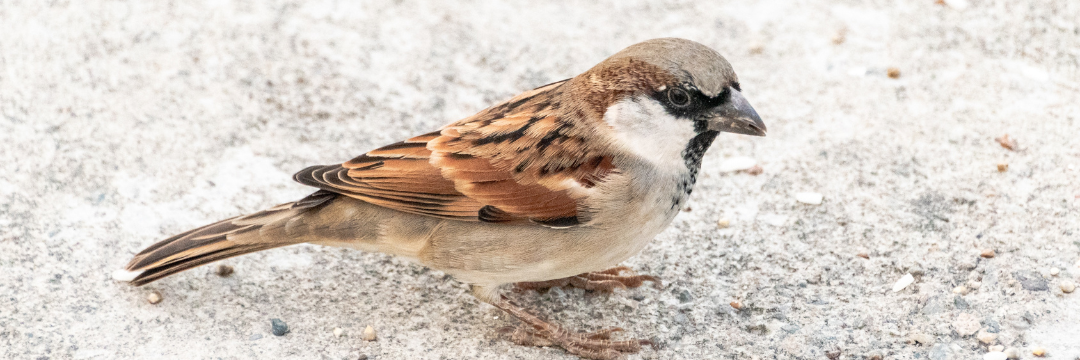A new academic paper responds to objections against helping wild animals

A recently published paper explains some of the arguments and evidence against objections to helping wild animals. The paper addresses and rejects both the claim that reducing wild animal suffering is impossible and the claim that it is morally objectionable.
Wild animal suffering is still largely ignored and misunderstood. Fortunately, this is gradually changing. In recent years, there has been much progress in this field, with more people getting involved and publishing research. However, many people sympathetic to helping wild animals remain unaware of how it can be done, or even fear little can be done. This paper addresses such doubts by detailing concrete actions to help animals and rebutting unfounded arguments against assisting them. Specifically, it provides evidence-based responses to arguments against helping animals that are based on misconceptions.
We are happy to announce that the paper builds its arguments based on the results of a survey done by Animal Ethics. We asked several hundred scholars and students in natural sciences about their views concerning the feasibility and scientific interest in research on different ways of helping wild animals. The article explains how this study shows that skepticism about helping animals is misguided, and presents the implications of the study’s results for the ethics of helping wild animals.
This paper by Oscar Horta and Dayron Teran and was published in the academic journal Ethics, Policy & Environment, one of the leading journals in its field. The paper is available at the journal site. An ungated pre-published version is available here:
Reducing wild animal suffering effectively: Why impracticability and normative objections fail against the most promising ways of helping wild animals
The following is a summary:
The paper first presents several ways wild animals are currently being helped, as well as other ways of helping that could be easily implemented in the near future. It considers the results of a survey on this topic among natural science scholars and students conducted by Animal Ethics. According to this survey, measures to save animals affected by harmful weather events, wild animal vaccination programs, and projects aimed at reducing suffering among animals living in urban environments are likely to get attention and support by scientists. These are especially promising at this point because of their potential to foster future work on the topic. The paper then presents other noncontroversial ways of helping wild animals that could reduce aggregate suffering at the ecosystem level. The paper then explains the kind of novel, cross-disciplinary scientific work that would be necessary in order to increase our understanding of the factors negatively affecting wild animals, and of the ways to reduce their suffering. It then considers the objection that there is nothing that can be done to effectively reduce wild animal suffering. The paper argues that the available ways of helping wild animals suggest this objection does not present a serious challenge. Next, it argues that the ways of helping wild animals highlighted in the survey by Animal Ethics can avoid some of the main normative objections against preventing wild animal suffering. In this way, the paper argues that both impracticability and normative objections against reducing wild animal suffering fail. Finally, the paper concludes by indicating some current perspectives on the development of this field.
This paper was published together with several others addressing wild animal suffering in a special edition of Ethics, Policy & Environment edited by Kyle Johannsen. You can read the introduction to this special issue here: “Positive duties to wild animals: Introduction”.
The study by Animal Ethics on which this paper is here:
Surveying attitudes towards helping wild animals among scientists and students
A previous study by Animal Ethics that also address the question of how to make progress in the field of helping wild animals in academia:
Scientists’ attitudes towards improving the welfare of animals in the wild: A qualitative study
If you want to learn more about wild animal suffering, we encourage you to watch our video course on this topic, which includes 28 videos in addition to audios and texts:
Wild animal suffering course
Or you can read our ebook on this topic: